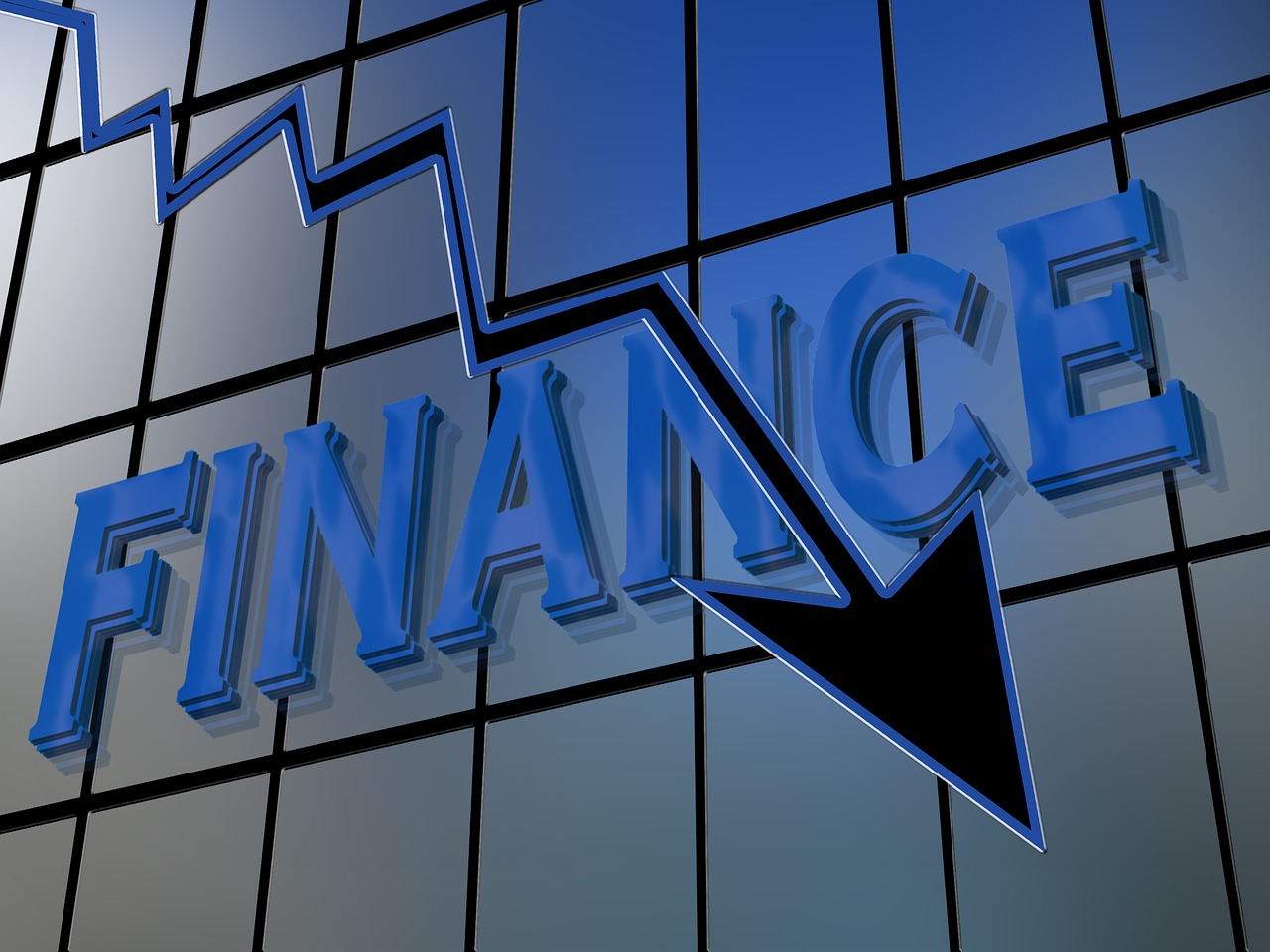
After the recent announcement by the venerable Reserve Bank of India, about the consecutive 14 quarters fall of our nation’s GDP to 4.4% from a whopping 8.9%, it is time to think how are we going to protect ourselves financially from this economic harsh winter? Most Indians have never faced a harsh winter all their life as very few parts of this country actually have a harsh winter.
Step 1: Protect Your Job
It is fact that Indian economy has gone in to recession with the consequence of lesser job opportunities and downsizing. One of the latest India Today story tells about a horror picture about the job market. If you are having a self exaggerated opinion about your job market potential, it is time to take a reality check. Chances of a better switch of jobs are receding fast. There could be situations that you may face a downsize without switching opportunity for suitable jobs. So what should you do? Hang on to your job, even if it means at a lower pay.
Step 2: Check spending on Your Credit Card
Today most young Indians who have a decent job have acquired the habit of having several credit cards. They keep on juggling the payment of credit card bills against the purchases made. Once you have acquired the habit of buying against credit card, it is difficult to come out of it. Buying (mostly impulsive) is very addictive. Strong adverse situations need strong measures. Keep one credit card and surrender the remaining!!!
Step 3: Reduce debts and if possible Shun Leverage
Young Indians today have a plethora of debts, home loan, credit card outstanding bills, car loan, personal loans, and even educational loans. Many are double income families hence one and half income goes into repaying debts. It is as if there were no tomorrow. Buy today and pay later is a trap. Borrowing is using tomorrow’s income today.
When tomorrow’s income have become uncertain, it is time to reduce debt by postponing of buying assets and looking for opportunities to repay debt from available savings.
Step 4: Relook at your insurance cover
Paying for car repairs, medical bills, unexpected thefts in a reducing income scenario becomes painful. Having insurance cover for these is like doing the proverbial nine stitches on time. Of course, you might have the nightmarish experience of losing money in ULIPs, however that was an investment cum insurance product for which you have fallen for, ignoring the fact that insurance is not investment but having a cushion for emergencies like repairs and maintenance, falling sick or meeting with an accident, which are situations which no one expects but happens. The insurance is most useful in such situations without denting your savings.
Step 5: Take calculated and affordable risk
Risk taking comes naturally to young people compared to the elder ones. Also, taking risk is a part of an active life. However, knowing one’s own risk appetite and risk bearing ability are important. Taking risk is easier in a growing economy, as increasing income is a certainty. Not so in a downturn, where the income in the immediate future is likely to fall. Hence the tendency to take unduly blind risk needs to be curbed.
Step 6: Your Assets should be According to Your Needs
Creation of assets is to be linked to genuine needs and not satisfying fanciful dreams. If an Alto serves your need then buying a sedan can always be postponed. If a one ton air conditioner is cooling enough avoid two tons. If a two bed room apartment is sufficient for your needs buying a 3 or 4 bedroom apartment can be avoided.
Step 7: Asset Allocation is the key to investment success
There are risky investments and risk free investments. You need to choose a combination of both. Based on the required rate of return and risk appetite you need to create an asset allocation.
Asset allocation brings discipline to your portfolio. It stops you from tempting to time the market. By rebalancing and maintaining the asset allocation periodically, you reduce the overall risk.
Asset allocation helps you to book profit when the markets are up and makes you invest when the markets are down. Thus eliminates greed and fear and brings emotional balance to the portfolio management.
Economic cycles are part of life. It is a saying in Indian Tradition that ‘sukh’ is always followed by ‘dukh’, hence one should be prepared for both, the good times and the bad times.